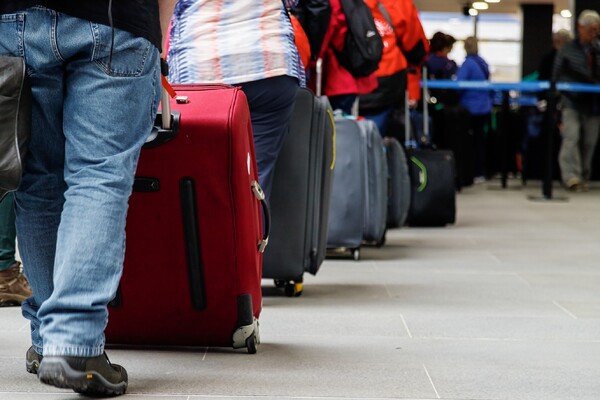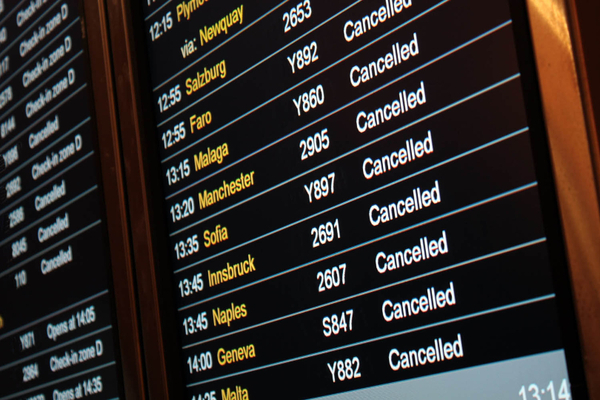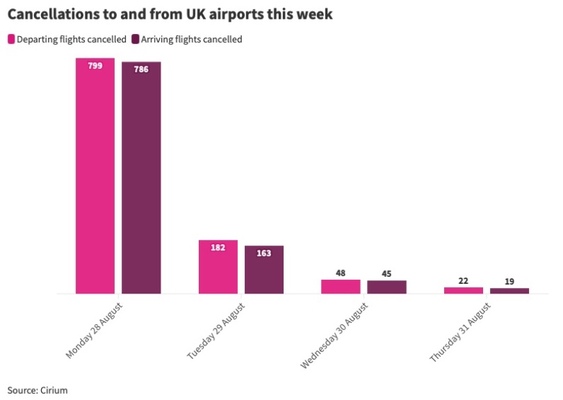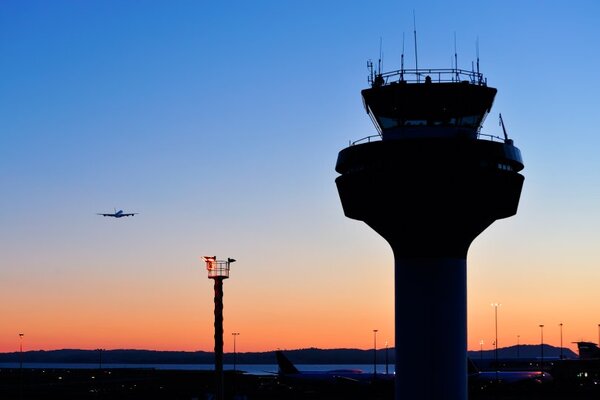How travel rose to the challenge of bank holiday ATC chaos
 Rob Gill
Rob GillA major air traffic control systems failure was certainly not what the travel industry needed on a bank holiday Monday as families returned en masse from their summer overseas breaks.
But at least it was a relatively short-lived incident and gave travel agents another chance to show why they come up trumps for their clients when these things happen.
The IT meltdown suffered by the UK’s air traffic controller, National Air Traffic Services, (Nats) on Monday (28 August) could not have been worse timed on one of the busiest travel days of the year – with nearly 1,600 flights being cancelled to and from UK airports on that day alone, not to mention all the delayed flights that also affected holidaymakers.
Many agencies worked “long into the night” to help customers who were left stranded at overseas airports or had to endure delays or cancellations to their planned getaway this week.
Karen Pocock, director at Designer Travel, told TTG: “We had lots of customers affected, much like everyone else. Most are now rebooked – the majority returned home within a day or so, some with long delays but accommodation was provided.”
Meanwhile, Hays Travel praised the “remarkable job” that its agents had done to help their affected clients, including those in resort and people due to travel.
This week’s disruption had mostly dissipated by Thursday (31 August) when there were just over 40 cancellations to and from UK airports. Heathrow, which was predictably the worst affected airport this week, was operating a “full departures and arrivals schedule” by Friday morning (1 September).
The cause of the Nats’ system failure, which has been blamed on “incoming flight data” rather than a cyber attack, is now the subject of an investigation, with transport secretary Mark Harper due to meet aviation leaders, including understandably unhappy airline bosses, on Friday to discuss the situation.
Lasting impact?
But will this week’s disruption have any lasting impact on the industry and consumers’ desire to travel? Probably not, say most. Disruption is a fact of life for travel and this latest episode hardly compares to the aftermath of 9/11 in 2001, the ash cloud crisis which closed airspace completely for several days in 2010, and of course the Covid-19 pandemic.
John Grant, from aviation data firm OAG, said: “In the context of time and history, this was just a blip and will soon be forgotten, its rather like the annual French or Spanish ATC strikes or a severe weather event such as a blast of snow in the UK and will be forgotten about pretty quickly.”
Fellow aviation analyst John Strickland, from JLS Consulting, added: “In the context of the disruptions that the sector has faced this is significant but I do not believe will cause long-term damage. There needs to be a serious analysis to avoid a repetition of such intense impact.”
Airlines certainly face potentially significant costs in having to deal with a situation that was clearly not their fault, as Iata boss Willie Walsh and others have been vocal in emphasising this week.
“There will certainly be a financial impact for airlines, lost revenues from cancelled flights, costs from repositioning aircraft and crews, and the provision of support for customers,” added Strickland. “This will be more transparent in earnings reports in the coming months.”
Despite airlines having to bear these costs, the incident is not expected to further push up airfares, which have already risen significantly during travel’s post-Covid boom due to pent-up demand and the slow recovery of airline capacity.
“Airlines have really in this case been thrown under the bus by the regulator not accepting liability for the loss of a business-critical service to the airlines,” added OAG’s Grant, “It will not result in higher airfares – they are a function of supply and demand but they will have incurred operational costs.”
Strickland agreed that this week’s disruption was not likely to have “a structural impact on fare levels” in the coming months.
Agents to the rescue
While there were predictably scenes of unhappy British travellers stuck at overseas airports and complaints about airline staff being thin on the ground, it was another chance for agents to prove their value to customers when things go wrong.
A Hays Travel spokesperson told TTG: “Everybody in the agencies has done a remarkable job in looking after our customers and doing what they can to support the airlines and tour operators as much as we can. That’s what agents are there for – to help customers and offer them confidence and reassurance.”
Kelly Cookes, Advantage Travel Partnership’s chief commercial officer, said “huge amounts” of its members’ clients had been affected by the ATC problems.
“What we’ve seen is that people due to fly out since Tuesday (29 August) have been largely unaffected, but we still have a lot of customers in resort who are displaced after their flights were cancelled,” said Cookes.
“The airlines have tried their best and there needs to be a full investigation with Nats. We don’t want consumer confidence to be impacted when we’ve been seeing a boom in travel. Communication is the most important thing so that agents can pass on the right information to customers.”

Diane Coleman, owner of Tickets Travel in Bexley, added: “We had calls from a number of clients, both at home and abroad, and we had to reassure them.” She also praised Jet2 for being “really on the ball” to help one of her impacted clients.
“That obviously helped us out – it pays to choose who we work with,” she added. “There will always be problems, it is how they are handled that’s important.”
Designer Travel’s Pocock stressed the advantage of its homeworkers being available around the clock when dealing with this kind of disruption.
“Our team are 24/7 so all queries were picked up and dealt with as they happened on Monday – that shows the benefits of booking with a travel agent who is available 24/7,” she added.
The aviation industry has also received some praise for the way it quickly recovered from this week’s disruption at a peak travel time when they had “little wriggle room” and flights were already operating at capacity.
“Airlines and airports have reacted remarkably quickly in extremely demanding circumstances to get back to a semblance of normality and offer customers options for rebooking,” added John Strickland.
While nobody welcomed this week’s ATC meltdown and the difficulties it caused, at least the industry’s response showed its ability to respond quickly and effectively.
Sign up for weekday travel news and analysis straight to your inbox

Rob Gill
Supplier Directory
Find contacts for 260+ travel suppliers. Type name, company or destination.
















